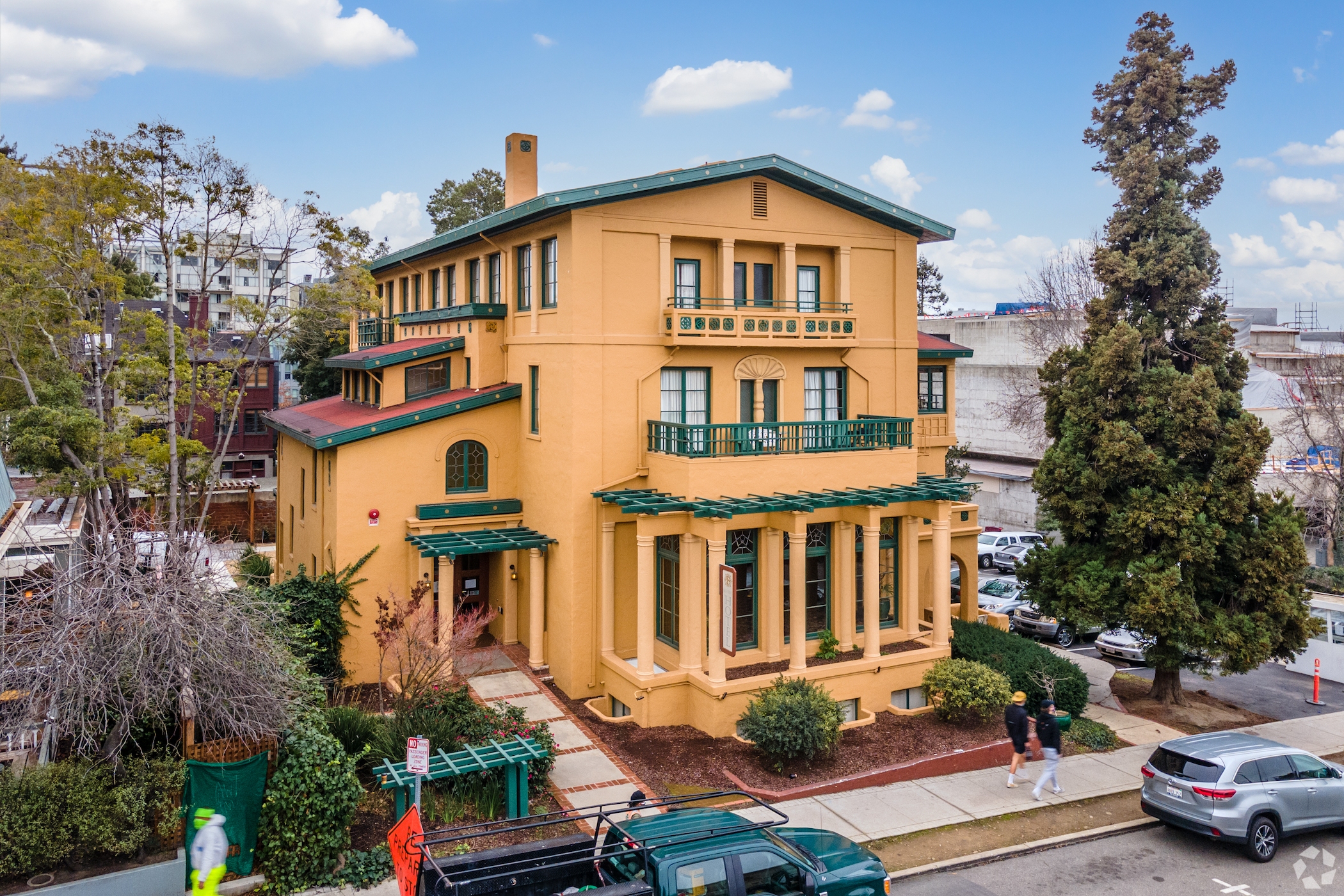The neighborhood surrounding the University of California, Berkeley, campus could face significant changes as officials in the East Bay city seek to address a worsening housing shortage by tweaking the local zoning code to allow for taller buildings.
City Council members in Berkeley, California, approved planning code changes allowing for taller multifamily developments near the campus, which butts up against the city's densely populated downtown area. The legislation is aimed at addressing Berkeley's housing crunch that officials say is caused by too little supply and increasing affordability challenges for the past several decades.
Local officials unanimously greenlit plans to allow for proposed housing developments to reach as high as 12 stories, a move that will nearly double the neighborhood's development potential and clear the way for upward of 2,650 units to be constructed in and around the university campus, according to Berkeley planning documents.
With the zoning changes now in motion, there are already a handful of projects that could take advantage of the potential height increase, such as the 25-story proposal at 2190 Shattuck Ave. which would be one of Berkeley's tallest buildings.
Over the past five years, only 1,300 units have been completed in the East Bay city, one of the more active periods in Berkeley's development history, according to CoStar analysis.
Fewer than 725 units are now moving through various stages of the city's development pipeline, far below the amount needed to keep up with the more than 10% population gain the city reported in the years since 2010.
Housing Shortage
The city's dire housing shortage has fueled pricing hikes, and with the university providing housing for less than 25% of its student population, demand for alternatives in the area has added even more pressure to an area already commanding some of the highest rents in the nation.
A typical apartment in Berkeley commands an average of about $2,700 per month, according to CoStar data. However, properties near the university campus can go for as much as 50% more than those near the city's borders.
Downtown Berkeley units can command an average of more than $3,350 per month, according to the data, far beyond the East Bay average of about $2,360 per month.
The proposed height changes come as city officials face mounting pressure from the state to build more housing as California contends with its own widespread shortage. Berkeley's housing element, a guide to how it will build as many as 9,000 new units, was rejected earlier this year as state housing officials accused the city of failing to adequately analyze potential development sites, eliminate permit constraints or upzone density in more affluent neighborhoods.
The zoning changes, which were earlier approved by Berkeley's Planning Department in September, are expected to increase the maximum building height by 85 feet on certain streets near the university campus, far beyond the current limits of 35 feet to 75 feet.
If developers include options for low-income renters in their projects, they would be able to build up to 12 stories by employing the state density bonus. That allows builders to exceed the height and unit-count restrictions in exchange for a certain amount of on-site affordable housing.


